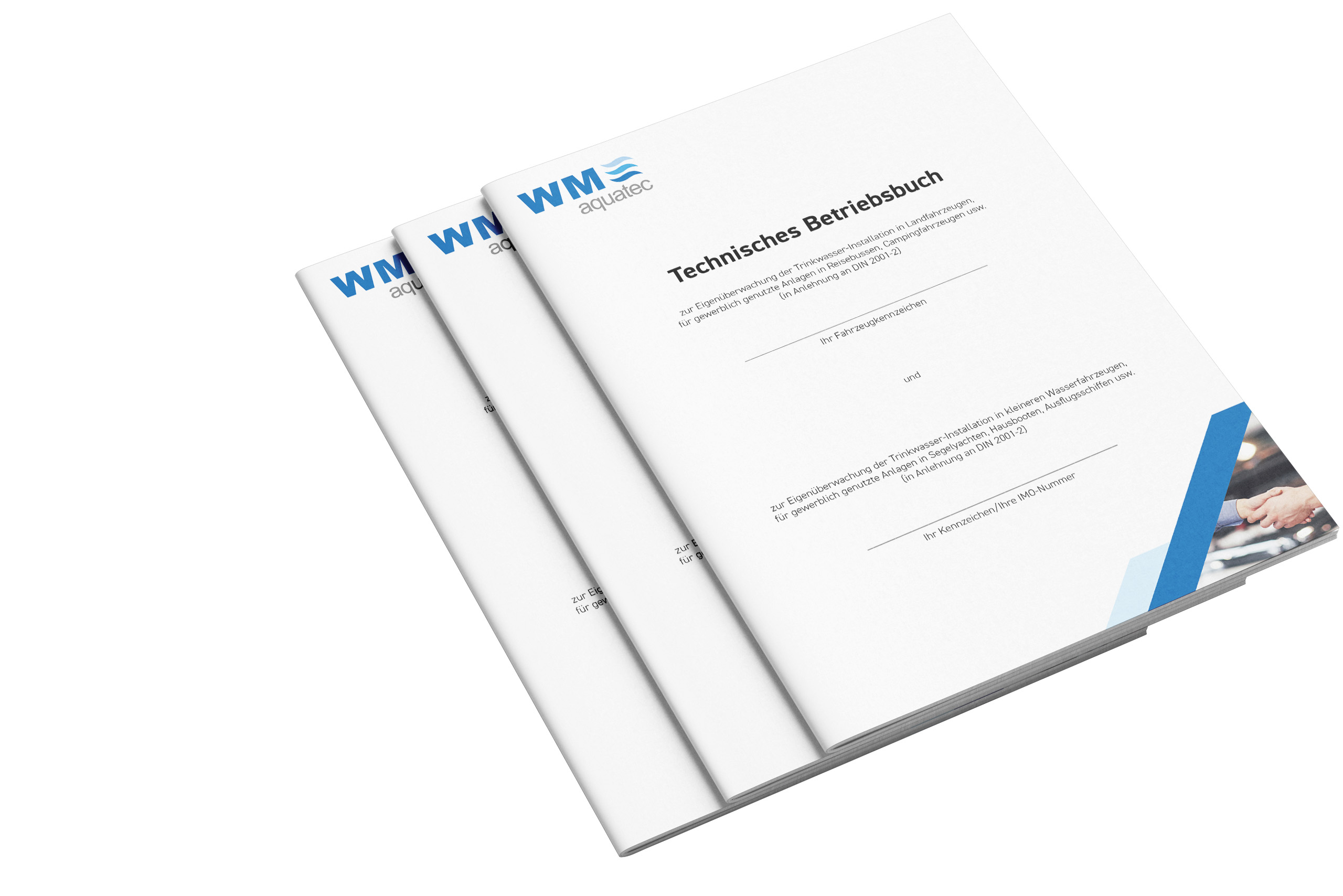SEARCH AND FIND
Search directly for a product or tag

All stationary and mobile systems that are not public water supply companies and from which water is made available for human consumption, such as in mobile homes, charter boats, airplanes, buses, etc., but also the drinking water supply at festivals, are classified by the water standards committee (NAW) NA 119-04-01 AA “Principles for drinking water supply” the standard DIN 2001-2: Drinking water supply from small systems and non-stationary systems – Part 2: Non-stationary systems – Principles for requirements for drinking water, planning, construction, operation and maintenance of the plants.
According to applicable law, you as the landlord/operator are responsible for the proper and hygienically flawless operation of the drinking water supply system of the mobile homes, charter boats, airplanes, buses, etc.
self-monitoring
Precautionary measures against contamination
Regular cleaning/disinfection
Technical documentation consisting of the following content:
However, it is easy to lose track of things in the “paragraph jungle”, which is why in this document we will explain your obligations as a commercial operator as briefly as possible and in as much detail as necessary, and give you the necessary help to fill in the technical documentation for your rental vehicles or vehicle fleet.
Excerpt from the technical logbook (PDF)